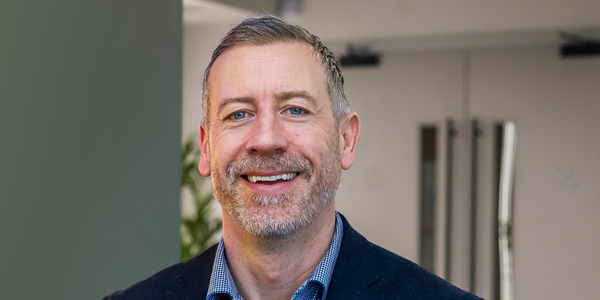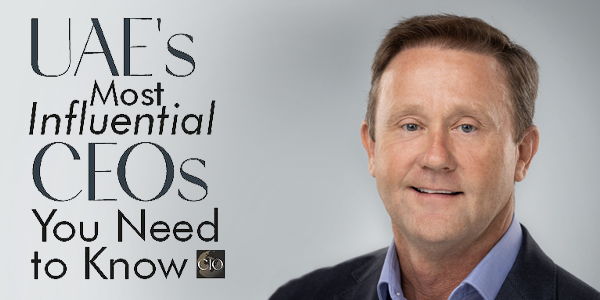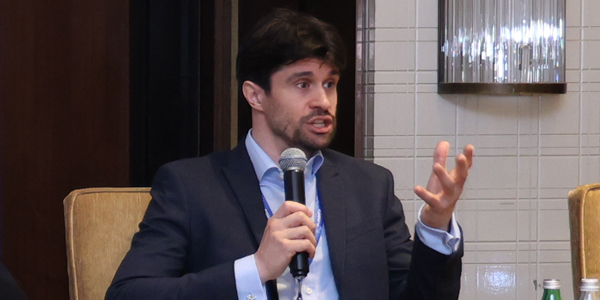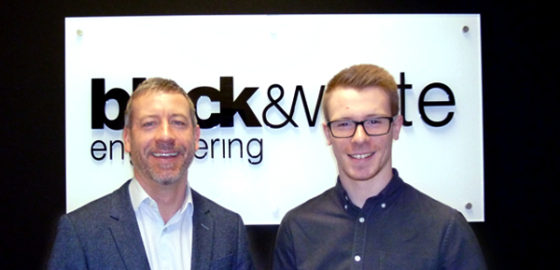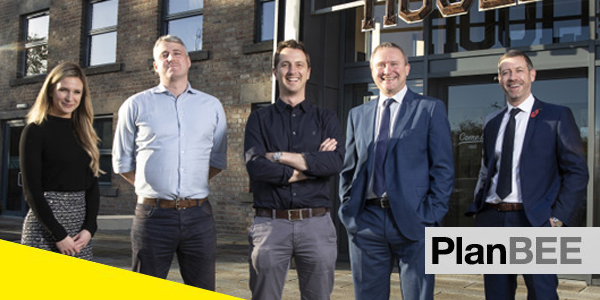Alistair Davis, Black & White director based in Dubai, took part in the Saudi Cloud and Data Centre Convention 2023.
In the world of data centres and evolving technology, Black & White Engineering stands as a leading MEP consultancy, specialising in intricate MEP engineering projects. Over the last decade, our focus has centred on the growing data centre industry, fostering strong partnerships with colocation providers and hyperscalers.
Recently, Alistair Davis, one of our directors based in Dubai took part in the Saudi Cloud and Data Centre Convention 2023. His engagement delved into the dynamic world of data centres, cloud technologies, and their evolving landscape, presenting valuable insights into the industry’s current state and prospects.
Reflecting on pivotal technological and innovational advancements, Alistair highlighted the game-changing impact of hyperscalers, Data sovereignty, sustainability, modular construction and the surge of streaming services. These innovations have significantly shaped the data centre landscape, bringing forth a new era of efficiency and sustainability.
Alistair’s exploration into the receptivity of data centres to technology shed light on future-ready designs and innovative integrations. These include developments such as Microsoft’s AI chips and liquid cooling systems, reflecting the industry’s commitment to embracing cutting-edge solutions.
Anticipating the future, Alistair emphasised the transformative potential of Machine Learning, IoT, and their profound implications across industries, from healthcare to everyday conveniences. The vision for future data centre innovations highlights AI, IoT, cloud strategies, 5G advancements, edge computing, and renewable energy integration as key drivers.
Furthermore, Alistair analysed the predictability of future technologies, showcasing the potential of AI-powered energy management and predictive maintenance systems. These advancements promise to optimise MEP systems for energy efficiency and refine data centre operations significantly.
Concluding thoughts highlighted Saudi Arabia’s strides in becoming a global leader in data-driven economies through initiatives like the SDAIA and visionary projects like NEOM and Qiddiya. However, challenges in IT capacity, talent retention, and deployment persist, emphasising the need for ongoing innovation and skilled workforce development.
Black & White Engineering remains committed to driving innovation and shaping the future of data centres and technologies. Contact us to explore how we can enhance your data centre projects, contributing to the tech-driven future.

